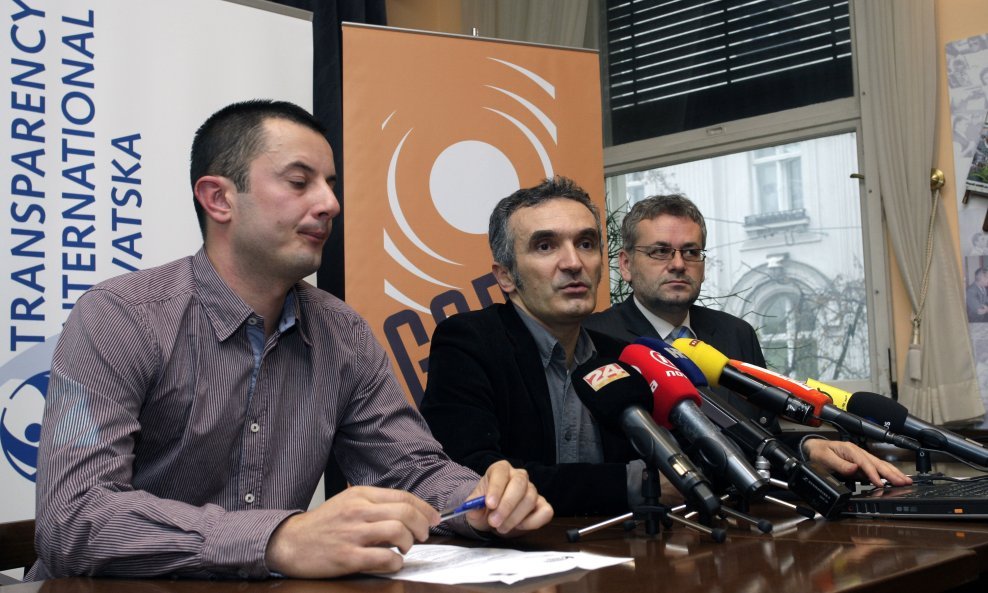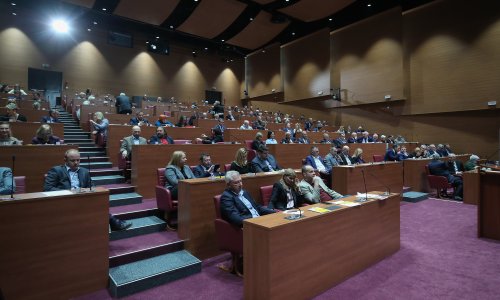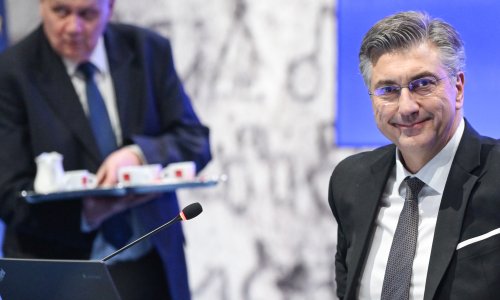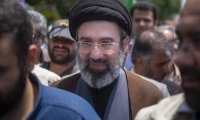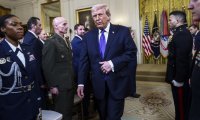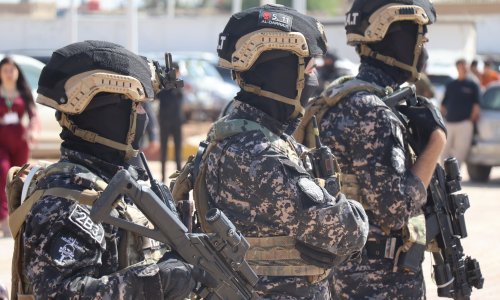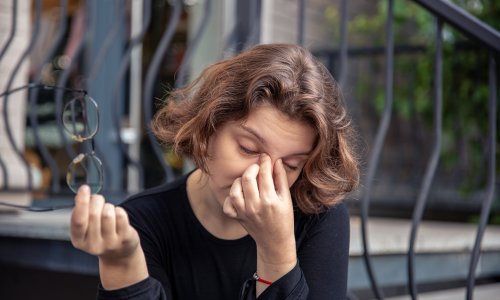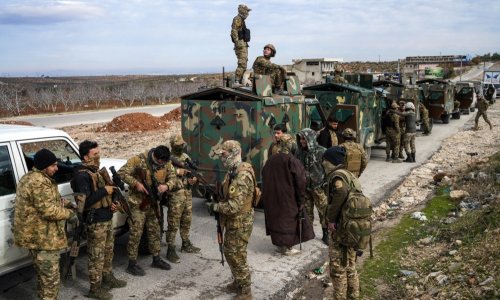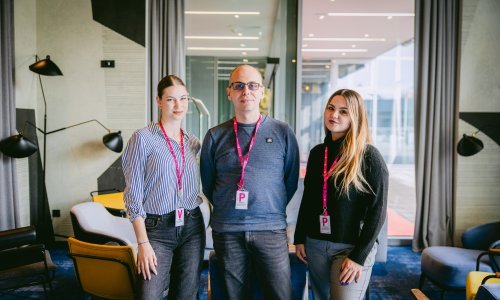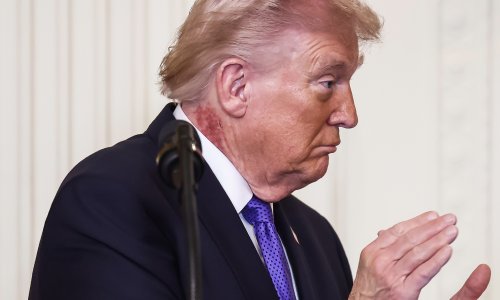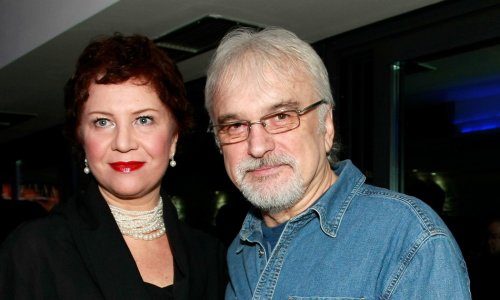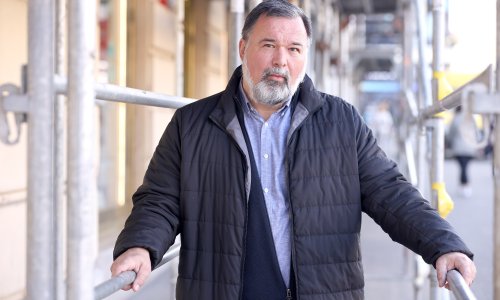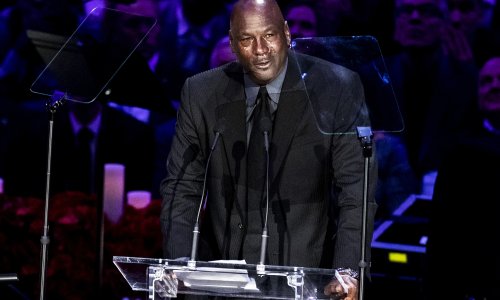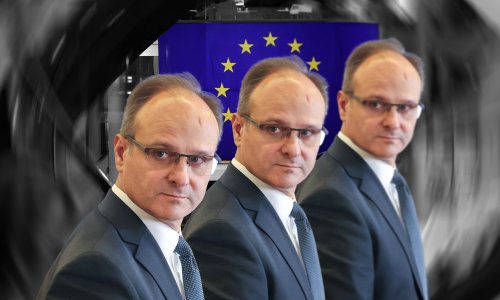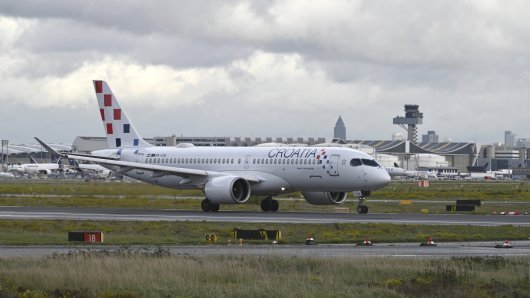According to estimates of two nongovernmental organisations -- GONG and Transparency International Croatia (TIH) -- the Croatian Democratic Union (HDZ) spent the highest sum, HRK 12.7 million kuna, on its campaign for the 4 December parliamentary election, and the four-party "Kukuriku" coalition, which won the polls, spent HRK 12.3 million.
The costs of all other parties and independent lists that stood for the election were below 30 percent of the total costs of campaigning, estimated to have been HRK 34 million, GONG and TIH activists told a news conference in Zagreb on Wednesday, explaining that they calculated the promotional costs of the election's protagonists from 15 October to 12 December 2011.
The Croatian Peasant Party (HSS) ranks third with the cost of 3.1 million kuna.
It is followed by the independent list of Zagreb Mayor Milan Bandic (HRK 1.7 million) and the independent list called Ladonja from Istria and the Primorje area (one million kuna).
The highest price for securing a seat in the parliament was paid by the HSS. This party won only one mandate in the seventh 151-seat parliament and it actually paid HRK 3.1 million for that.
It is followed by the HDZ, with its cost of HRK 288,800 per seat won. The HDZ has 47 seats together with its partners -- the Democratic Centre (DC) and the Croatian Civic Party (HGS).
Each seat won by the Kukuriku coalition, which consists of the Social Democratic Party (SDP), the Croatian People's Party (HNS), the Croatian Pensioners' Party (HSU) and the Istrian Democratic Party (IDS), cost it HRK 153,500 kuna. The ruling coalition has 80 deputies.
The lowest costs for securing a seat were paid by the Independent List of Ivan Grubisic (HRK 30,600 per seat). This list has two deputies in the national parliament.
It is followed by the Croatian Democratic Party of Slavonia and Baranja (HDSSB), which ran in the two electoral units in east Croatia and won six seats, and which paid HRK 44,800 per seat, according to the two NGOs' estimates.
The Labour Party's costs per seat were HRK 57,700. It also has six MPs.
The biggest losers are Bandic and Ladonja as they did not make it to the parliament.
The campaigning costs, estimated by the two NGOs according to the number of advertisements, include costs of advertisements on national television networks and radios, web portals, and the print media, without taking into consideration possible discounts or costs for producing videos, souvenirs, billboards and transport costs.
GONG executive director Dragan Zelic said today the estimated advertisement costs did not represent the amount of funds spent for this purpose and that it was possible that the amounts presented by the parties did not include discounts.
The two NGOs therefore call on the parliamentary elections' protagonists to publish their real costs and the terms and conditions of their advertisements, suggesting that substantial discounts be treated as donations.
TIH activist Zorislav Antun Petrovic said that election candidates usually spent more money on campaigning than estimated as advertisements made up 50-70 percent of the total campaigning costs.
The NGO activists told the news conference that political parties had made visible progress in the transparency of campaign funding, but tariffs and price lists for their advertisements remained possible "grey zones" due to potential discounts and a lack of transparency.
The NGOs also call on media companies to publish revenues from advertising and promotion.



